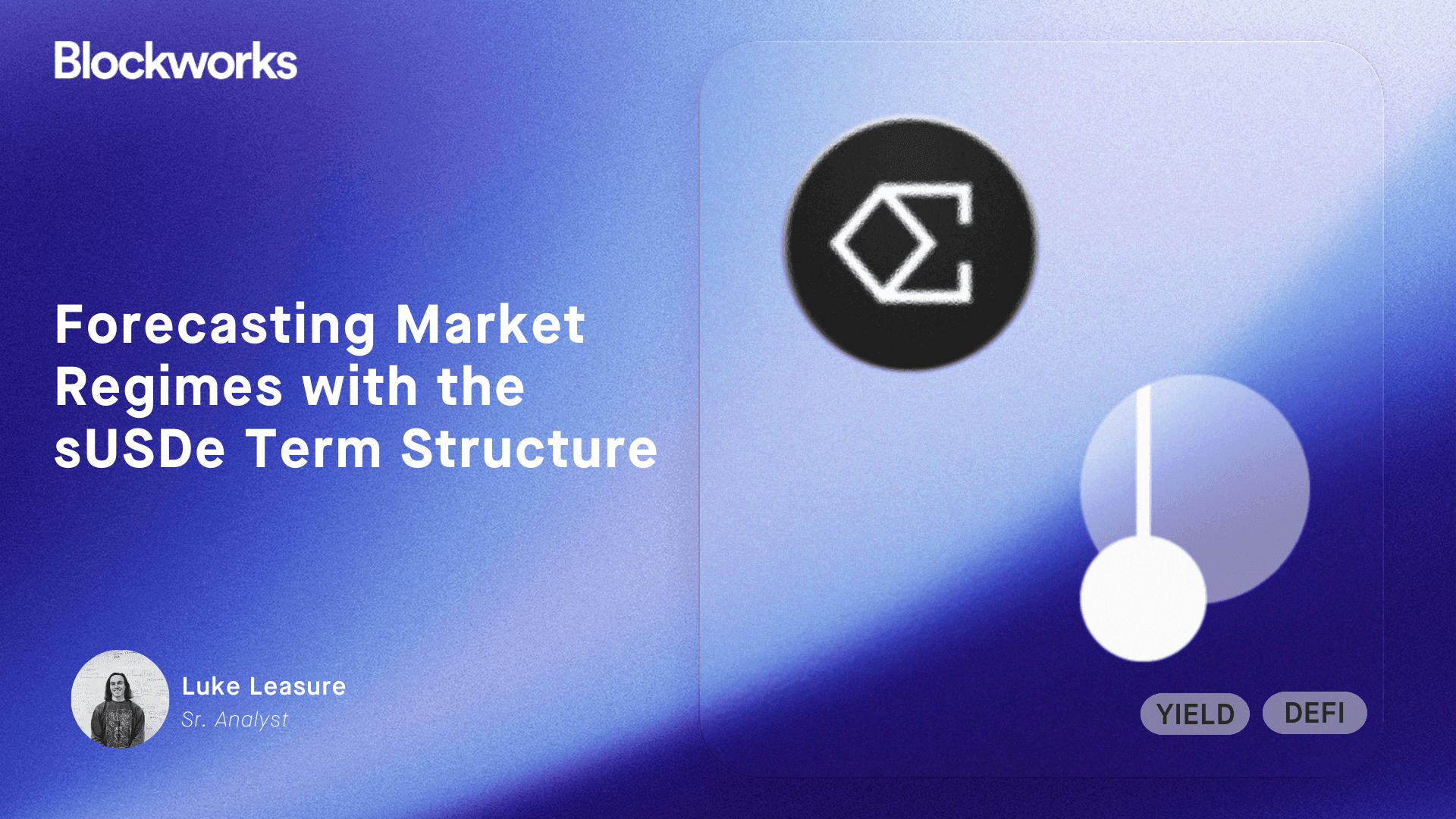Employees Want To Be Paid in Crypto, Report Shows
“Economic uncertainty makes different coins appealing to various markets, and digital banking helps workers get paid amidst political instability,” Deel’s COO said

Blockworks exclusive art by axel rangel
- Bitcoin is the most popular cryptocurrency for Deel customers, making up 47% of all withdrawals
- The survey compiled results from over 100,000 contract workers worldwide
Cryptocurrencies make up 5% of all global payments withdrawn monthly, according to payroll and compliance provider Deel’s 2022 State of Hiring Report.
The survey, which compiled results from over 100,000 contract workers worldwide, found that crypto payments are most attractive to three predominant groups of people: people who use cryptocurrencies as a hedge against local currency instability, those whose outdated local banking systems slow down payroll, and people who are adding cryptocurrencies to their investment portfolio.
Countries in Europe, the Middle East and Africa (EMEA) and Latin America were more likely to fall into the first two scenarios, according to the survey. Latin America makes up 67% of crypto withdrawals, and the EMEA region makes up 24%.
Another report, conducted by payment protocol Ripple, found that 74% of Latin Americans are more likely to transact with businesses that accept crypto.
“[Latin American] and EMEA are both regions that have historically experienced periods of significant monetary turbulence,” fintech platform Banxa CEO Holger Arians told Blockworks.
“Years-long periods of hyperinflation in countries ranging from Venezuela to Turkey have created lasting and severe consequences for consumers who are forced to watch their spending power go up or down based on the decisions of their central bank,” he said.
For many of these individuals, cryptocurrencies become a clear currency alternative as they are not held by any central authority and provide consumers with the ability to make transactions autonomously, Arians said.
“Their growing utility and long-term promise — along with this increasing adoption, even in developing parts of the world — is a clear indication of the need to build infrastructure that allows consumers to buy, sell, and trade cryptocurrencies,” Arians said.
Offering cryptocurrency payments also benefits many employers, Dan Westgarth, the chief operating officer at Deel, told Blockworks.
“As economic uncertainty makes different coins appealing to various markets and digital banking helps workers get paid amidst political instability,” Westgarth said.
“The option is more attractive than ever for employers.”
Despite bitcoin’s volatility, especially as of late, it still remained the most popular crypto payment for Deel customers, making up 47% of currency withdrawals this year, followed by USD Coin, which made up 29% of withdrawals.
According to Arians, bitcoin’s dominance can partly be attributed to its head start. “For many years, bitcoin had first-mover advantage as the only decentralized digital asset before alternatives came along,” he said.
Bitcoin legitimacy has been further strengthened in recent years, as many businesses now endorse it as a means of payment. Big tech companies including Microsoft, PayPal and Visa all accept bitcoin transactions.
“Consumers have used bitcoin as a store of value since its inception, and its current level of ubiquity demonstrates bitcoin’s clear staying power,” Arians said.
Get the news in your inbox. Explore Blockworks newsletters:
- The Breakdown: Decoding crypto and the markets. Daily.
- 0xResearch: Alpha in your inbox. Think like an analyst.






